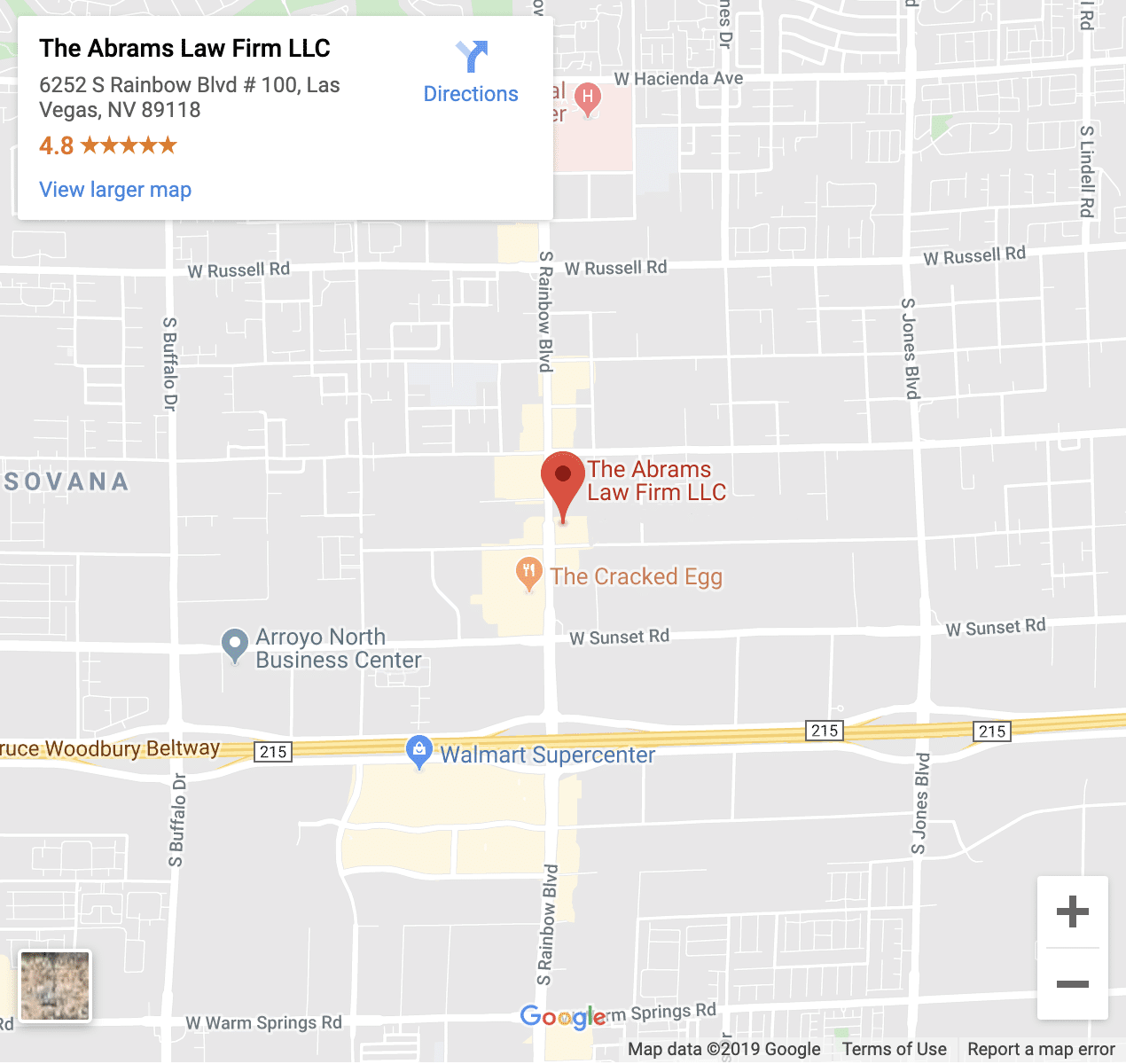Divorce and Business Valuators

Establishing the value of a business is a critical element for marital property division in a divorce. Typically only one spouse will own the business after the divorce concludes. Therefore, determining the value of the business in a divorce is an important factor because the other spouse must be compensated for their share of the marital asset.
Business Valuators
A business valuator is an independent professional that assess the value of a business. The business valuator compiles and analyzes the business’ financial and operating statements. These can include bank statements, inventory reports, tax returns, financial statements, and other documents. They may also conduct onsite interviews with senior staff members and key executives. Current market trends, the competitive environment, and earnings history are also valuation considerations.
Choosing the Proper Valuator
Valuing a business, whether for a divorce or not, is part art and part science. The professional opinions of reputable valuators may differ based on a variety of variables. So it’s preferable that the divorce attorneys for both spouses agree upon the selection of the business valuator. However, this is not always possible. But without such an agreement, one spouse may seek the assessment of a second business valuator. This doubles the valuator expense in divorce proceedings.
Business Valuator Accreditations
Business valuators have specific requirements in order to achieve licensing. They must possess one or more advanced degrees and/or certifications. Each has their own set of requirements that valuators must adhere to. Advanced examinations, years of dedicated experience, and annual education commitments are necessary to achieve licensing and to keep an active status. The following is a partial list:
- Certified Public Accountant (CPA)
- Master in Business Administration (MBA)
- Accredited Senior Appraiser (ASA) from the American Society of Appraisers (ASA)
- Certified Valuation Analyst (CVA) from the National Association of Valuation Analysts (NACVA)
- Certified Business Appraiser (CBA) from the Institute of Business Appraisers (IBA)
- Accredited in Business Valuation (ABV) from the American Institute of CPAs (AICPA)
There are approximately 5,000 business valuators in the United States. However, not all accredited business valuators are certified as experts by the Clark County Family Courts. In order for their reports to be entered as evidence or for them to testify in divorce cases, business valuators need expert certification from the court.
Business valuators focus on the value of the business using several accounting methods. Understanding the limits of what a business valuator does is essential. It’s equally important to know what they don’t do. Business valuators prepare their reports using existing financial and market related data. Sometimes one spouse attempts to mask the value during divorce proceedings. But unless the business’ financials are obviously inaccurate, the valuator will not dispute the information provided to them. That’s the job of forensic accountants.
Intangible and Real Estate Assets
The business valuator also looks at intangible assets such as intellectual property rights, celebrity name value, patents, and trademarks – to name a few. Technology and entertainment businesses in particular have these types of intangible assets. Real estate properties also affect valuation. Appraisals are necessary to determine the current market value of commercial properties.
Professional Practice Valuations
Professional practices owned and operated by lawyers, dentists, real estate brokers, chiropractors, doctors, and other professionals are valued differently. These businesses require business valuators with specific professional practice valuation experience. Professional practices typically do not possess substantial physical assets, with the exception of real estate holdings or owned equipment. Therefore, a sizeable portion of the value is goodwill. In one sense, goodwill is based on the past performance of the business and the likelihood that the business will continue to generate income. Goodwill can also be the reputation of the business in the community it serves.
The goodwill value of a professional practice is often directly associated with the owner/ practitioner. This is particularly true when it comes to businesses run by a solo practitioner. In these practices, the owner’s labor is required in order for the business to generate income. The value of a professional practice, including goodwill, is like any other asset during the divorce process and thus part of the division of marital assets between you and your spouse.
Expert Divorce Attorneys
Our firm only retains accredited and court certified business valuation experts on your behalf. Our Las Vegas divorce attorneys possess the experience necessary to use the business valuation report in order to protect your interests. One of them will speak to you directly and assist you in setting up a consultation. Call our office at 702-222-4021 to see if what we offer is right for you.
Business Ownership in Divorce Proceedings
7 Mistakes Professionals Make in Divorce
Do You Qualify for Alimony Payments in Your Divorce?
Bill Gates Divorce
Pensions and Divorce in Las Vegas
Lottery Winnings in a Las Vegas Divorce
Pitfalls to Avoid in Prenuptial Agreements
Grandparents Rights
What is Temporary Spousal Support?
Divorce and Social Security Benefits


